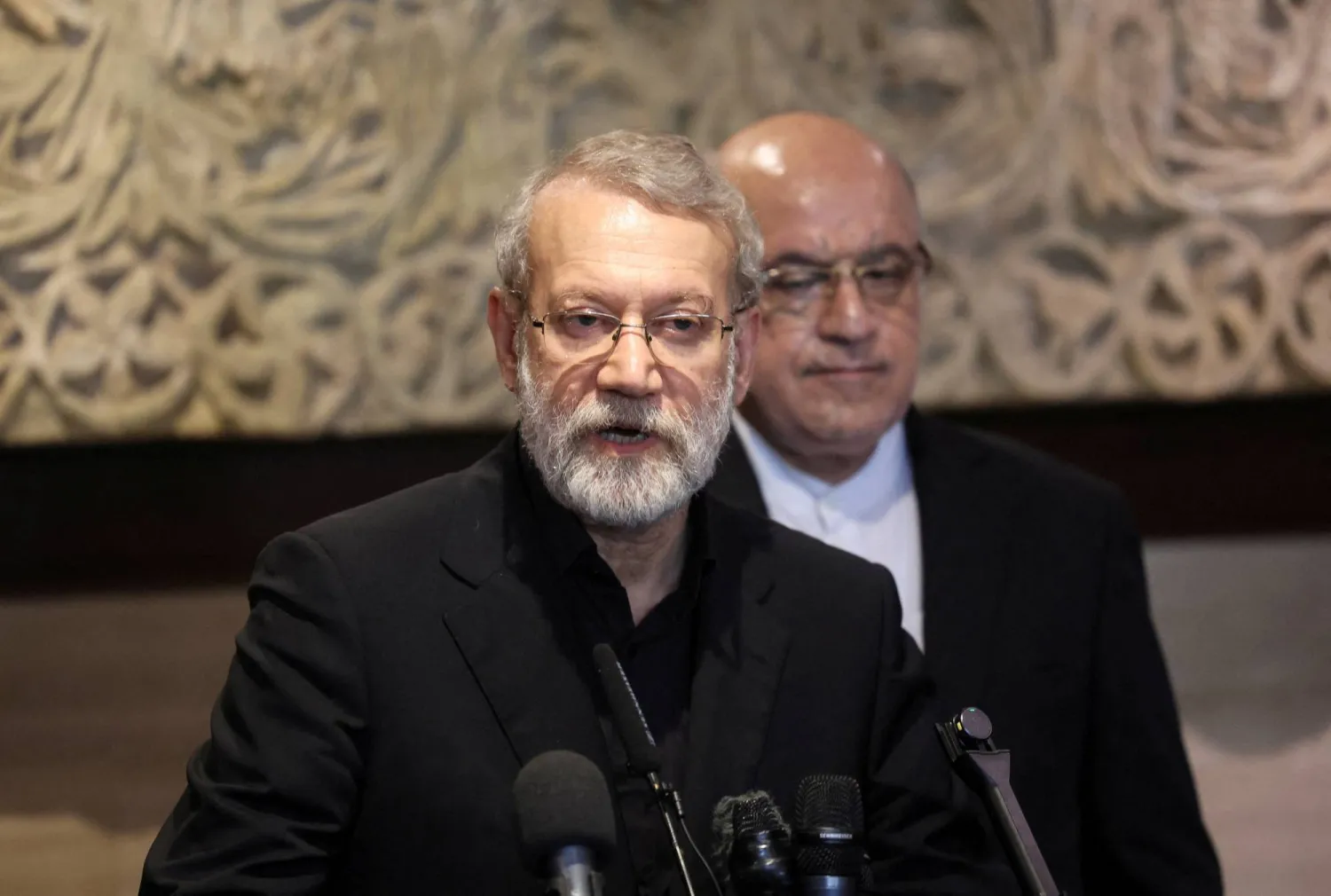Parliament adopted a divisive pension bill Monday raising the retirement age in France from 62 to 64, after lawmakers in the lower chamber rejected two no-confidence votes against the government.
But the bill pushed through by President Emmanuel Macron without lawmakers' approval still faces a review by the Constitutional Council before it can be signed into law. The council has the power to reject articles within bills but usually approves them.
The first no-confidence motion, proposed by a small centrist group with support across the left, narrowly missed approval by National Assembly lawmakers Monday afternoon, garnering 278 of the 287 votes needed to pass. The second motion, brought by the far-right National Rally, won just 94 votes in the chamber.
Macron’s centrist alliance has more seats than any other group in the lower chamber.
The speaker of the National Assembly, Yael Braun-Pivet, said the failure of both votes means parliament has adopted the pension bill.
Yet this is not the end of the complex path to turn the bill into law. Opponents said they would ask the Constitutional Council to review the text before it is formally promulgated, opening the door to the possible rejection of articles within the measure if they are not in line with the constitution. Far-right leader Marine Le Pen said she would ask the council to censure it.
Macron, who has remained silent since his decision to push the bill through last week, will meet Tuesday morning with Prime Minister Elisabeth Borne and the leaders of his centrist alliance.
After the first vote Monday, some leftist lawmakers called for Borne to resign.
“Only nine votes are missing … to bring both the government down and its reform down,” hard-left lawmaker Mathilde Panot said. “The government is already dead in the eyes of the French, it doesn't have any legitimacy anymore.”
The Senate, dominated by conservatives who back the retirement plan, approved the legislation last week.
The head of The Republicans’ lawmakers, Olivier Marleix, earlier explained why his group would reject the motions.
“We acknowledge the need for a reform to save our pension system and defend retirees’ purchasing power,” he said during the debate Monday afternoon. A minority of conservative lawmakers strayed from the party line and voted in favor of the first motion.
Centrist lawmaker Charles de Courson, whose allies introduced the motion supported by the left, deplored the government's decision to use a special constitutional power to skirt a vote on the pension bill last week.
“How can we accept such contempt for parliament? How can we accept such conditions to examine a text which will have lasting effects on the lives of millions of our fellow citizens?” he exclaimed.
France, like many richer nations, has a low birth rate and its citizens have longer life expectancy.
The tensions in the political arena have been echoed on the streets, marked by intermittent protests and strikes in various sectors, including transportation, energy and sanitation workers. Garbage in Paris has piled ever higher and reeked of rotting food on the 15th day of a strike by collectors. The three main incinerators serving the French capital have been mostly blocked, as has a garbage sorting center northwest of Paris.
On Monday, hundreds of mainly young protesters gathered by Les Invalides, the final resting place of Napoleon, to demonstrate against pension reform. Some trash bins were set on fire in early evening, but the protest was otherwise calm. Participants listened to the proceedings in the National Assembly through a channel broadcast on loudspeaker from a union van.
“The goal is to support the workers on strike in Paris ... to put pressure on this government that wants to pass this unjust, brutal and useless and ineffective law,” said Kamel Brahmi, of the leftist CGT union, speaking to workers with a bullhorn at the Romainville sorting plant.
Some refineries that supply gas stations also are at least partially blocked, and Transport Minister Clement Beaune said on France-Info radio Monday that he would take action if necessary to ensure that fuel still gets out.
Opinion polls show a large majority of the French oppose raising the retirement age.
Economic challenges have prompted unrest across Western Europe, where many countries have low birthrates, leaving fewer young workers to sustain pensions for retirees. Spain’s leftist government joined with labor unions last week to announce a “historic” deal to save its pension system.
Spain’s Social Security Minister José Luis Escrivá said the French have a very different, unsustainable model. Spain’s workers already must stay on the job until at least 65 and won’t be asked to work longer — instead, their new deal increases employer contributions for higher-wage earners.
The reform in France also would require 43 years of work to earn a full pension at 64, otherwise workers would still have to wait until they turn 67.
Unions in France have called for new nationwide protests on Thursday to demand the government simply withdraw the retirement bill.
“I know the questions and concerns that this reform is raising. I know what it asks of many of our fellow citizens,” Borne said Monday.
Macron vowed to push the pension plan through, she said, out of “transparency” and “responsibility,” because it is needed to keep the system from diving into deficit amid France’s aging population.









